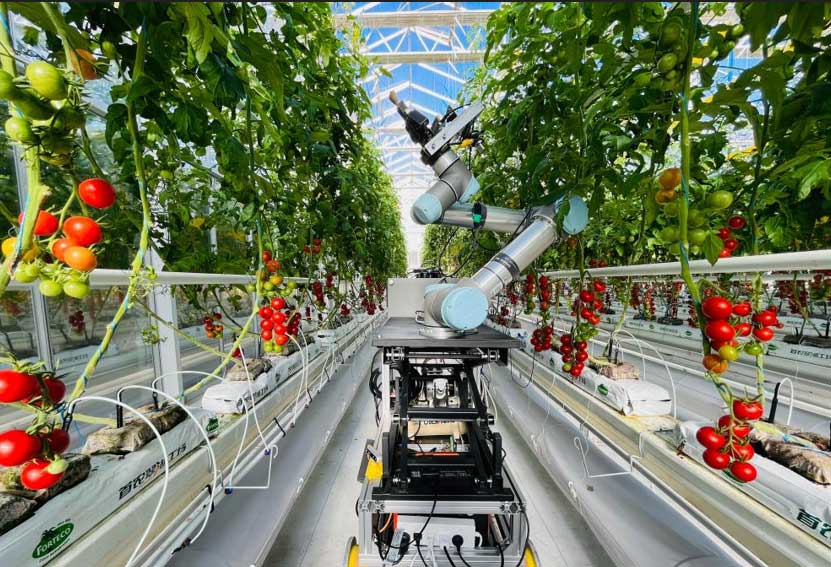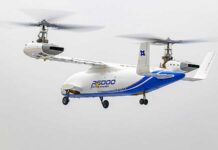Chinese scientists have recently developed the world’s first robot capable of conducting full-process breeding, highlighting deep integration of biotechnology and AI technologies in the agricultural intelligent breeding sector.
GEAIR, the name of this new AI-based robot model, is expected to facilitate a breeding shift from experience-driven to precision agriculture. The study was published on Monday in the journal Cell, said the Institute of Genetics and Developmental Biology (IGDB) of the Chinese Academy of Sciences (CAS).
A scene once limited to a science fiction movie has now become a reality in a greenhouse, where GEAIR accurately identified a flower and extended its robotic arms to gently complete hybrid pollination. It shuttled effectively among the flowers and precisely carried out the whole breeding process.
“AI and robots offer vast opportunities in shifting hybrid breeding toward precision agriculture to enhance crop yields, reduce costs and promote sustainable practices,” said Xu Cao, an IGBD researcher.
Hybrid breeding, which seeks to ensure the “superior birth and raising” of crops — is an important way to enhance both crop yield and quality. However, massive repetitive cross-pollination operations are time-consuming and labor-intensive, according to Xu.
Compared with the process involved in producing well-known hybrid rice varieties, GEAIR can apply new-generation breeding technologies, such as a speed-breeding approach, to achieve rapid customized breeding of superior varieties.
Through AI visual recognition and positioning technologies, GEAIR is able to accurately move among crops to perform cross-pollination operations — thereby enhancing breeding efficiency.
The study team has demonstrated the potential of GEAIR in boosting efficiency and lowering costs through automated, faster breeding of climate-resilient crops, said Yang Minghao, an associate researcher of the Institute of Automation of the CAS.









